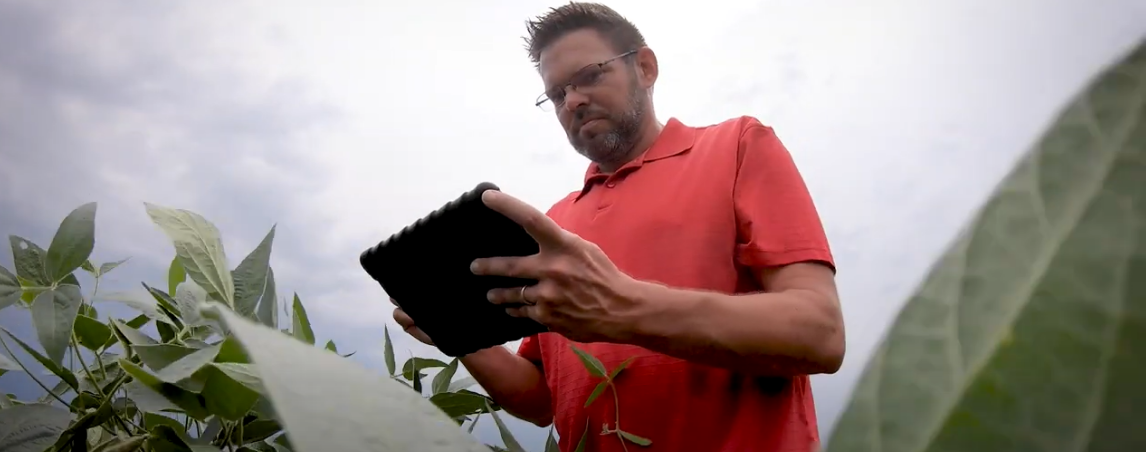What is the PIC PRRS-resistant pig?

A Comprehensive Solution for the PRRS Virus
A new solution offers hope for eliminating the costly PRRS virus affecting pork producers worldwide.
For more than three decades, pork producers around the globe have battled the Porcine Reproductive and Respiratory Syndrome (PRRS) virus. PRRS is a devastating virus that causes animal suffering and prematurely kills millions of pigs each year. Pigs infected with the PRRS virus experience severe respiratory issues and breeding sows also suffer serious reproductive issues. As a result, it can be challenging for pork producers to meet meatpackers’ and meat processors’ supply needs and delivery dates. The PRRS virus costs the pork industry more than $664 million per year, according to a study from Iowa State University1. The PRRS virus impacts millions of producers – large and small – all around the world. To date, pork producers have relied on vaccines with limited efficacy and on-farm biosecurity protocols to protect their pigs from PRRS. Now PIC, in conjunction with university researchers, has developed a solution that will eliminate the impact of the virus, based on PIC’s research trials2.

Why We Need Gene Editing Technology
Gene editing can be used to treat and prevent diseases and address social and environmental challenges.
Using gene editing technology, PIC created a genetic improvement that makes pigs resistant to the PRRS virus. When the PRRS virus gets into a pig’s body, the virus latches onto a small part of particular protein in the pig’s immune system, starting a chain reaction that makes the pigs sick with PRRS. PIC used gene editing technology to delete the part of the pig protein the virus needs to start an infection, preventing the start of the disease and the pigs from getting sick. Gene editing technology shows tremendous potential to help treat and prevent human diseases, including HIV, sickle cell and a variety of cancers, according to the World Health Organization. We need advanced breeding technologies, including gene editing, to solve on-farm and societal challenges including disease management, animal welfare, climate change, supply chain disruptions, and skyrocketing food prices.

Additional resources
1Holtkamp et al (2013), Trevisan et al (2013), https://www.thepigsite.com/news/2010/11/prrs-costs-canadian-swine-industry-130m-per-year-1
2Disclaimer: All claims about safety and efficacy of PIC’s PRRS-resistant pig are currently being evaluated by the US FDA. It is not currently available for commercial sale.




